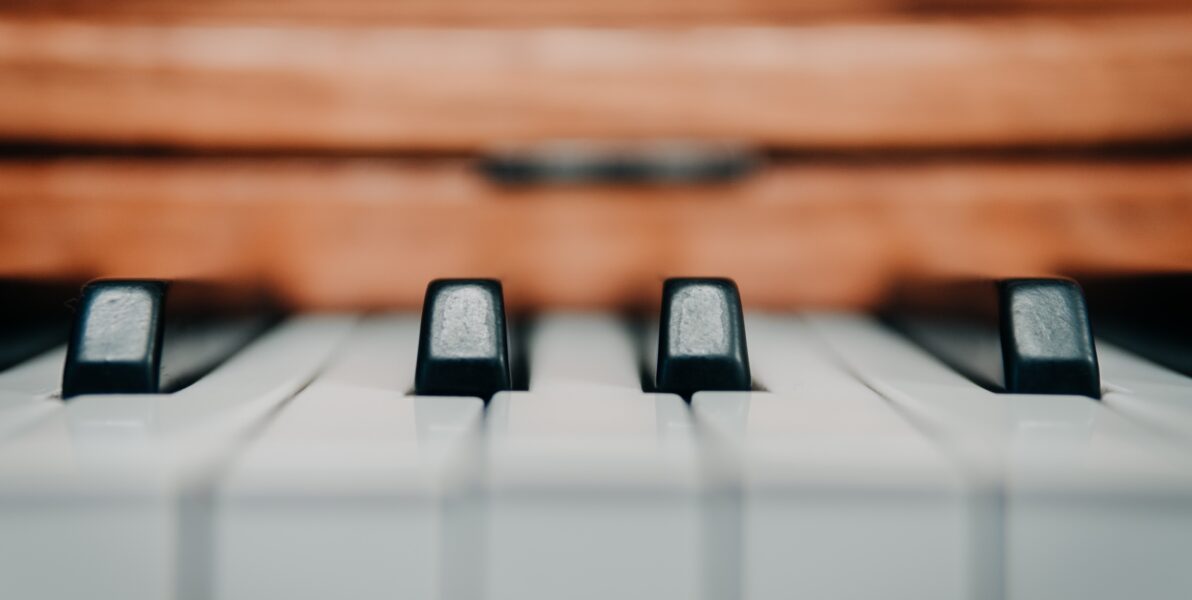Menu

Skipton Music is delighted to welcome this young and rising Italian pianist who was born near Venice in 1983. He was a prizewinner and medallist at the 2009 Leeds International Piano Competition and winner of numerous prestigious international awards.
He is noted for his articulate beauty of performance, contagious delight in the music and mesmerising playing. A concert not to be missed.
Skipton Music's 64th season opened on Tuesday last with an outstanding recital by the young Italian pianist Alessandro Taverna. Born near Venice in 1983, he has already won numerous awards, including First Prize at the Minnesota International Competition and the Bronze Medal at Leeds last year.
Our programme notes introduced him as "a rising young pianist noted for articulate beauty of performance, contagious delight in the music and mesmerizing playing." We were not long in appreciating these talents.
The first work, Bach's English Suite No.5 (BVW810), was interpreted with remarkably pure melodic lines and totally sympathetic phrasing – classic Bach in fact.
Written 100 years later, Beethoven's Sonata No.13 in E flat, Op.27 No.1 – a so-called 'sonata quasi una fantasia', possibly because of the irregular plan of its movements, none in sonata form, is designed to be played without breaks. It was another beautifully satisfying performance, the final movement's later slower passage poignantly interposed before its lively conclusion.
Liszt's works are always challenging – the very title of his Tarantelle di Bravura, indicates that these variations on a theme from an Auber opera require unusual ability. Indeed the rest of the programme showed the soloist's incredible expertise. One wondered at times what further hurdles he might set himself, in addition to two accomplished Chopin Nocturnes.
So the Tarantelle, Chopin's Scherzo No.4 in E major and three movements of Stravinsky's setting of music from his ballet "Petrouchka" left the audience spellbound. It was a virtuoso display of powerful pianistic artistry, crashing dissonances, full length glissandos and tremendous rhythmic upheavals, played with such unbelievable speed and dexterity as the Town Hall audience has not heard for many a year! Their thunderous applause earned no brief and gentle encore, but yet more demanding keyboard gymnastics.
Douglas Riddiough